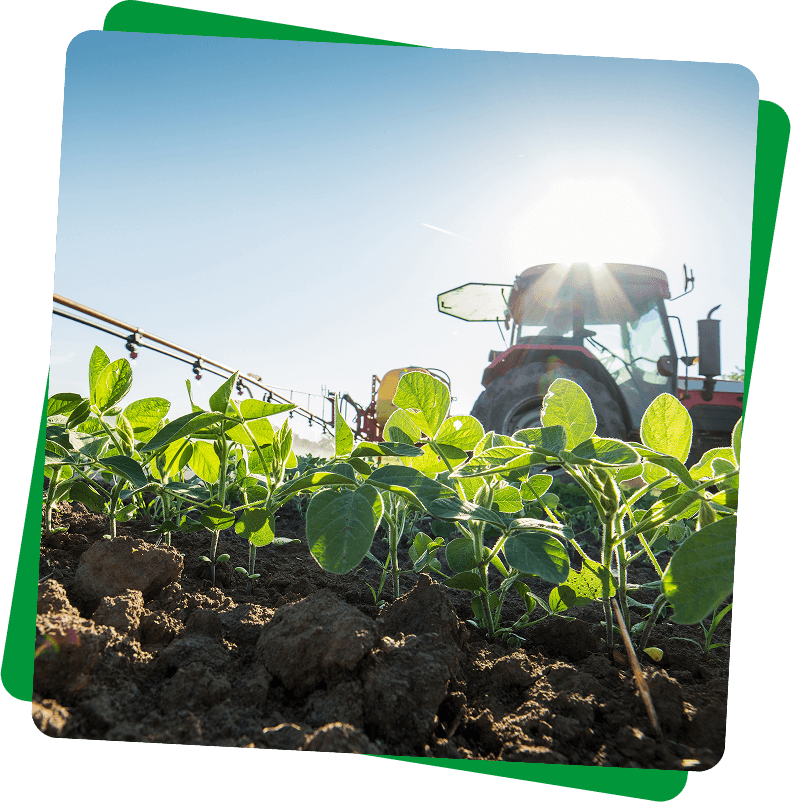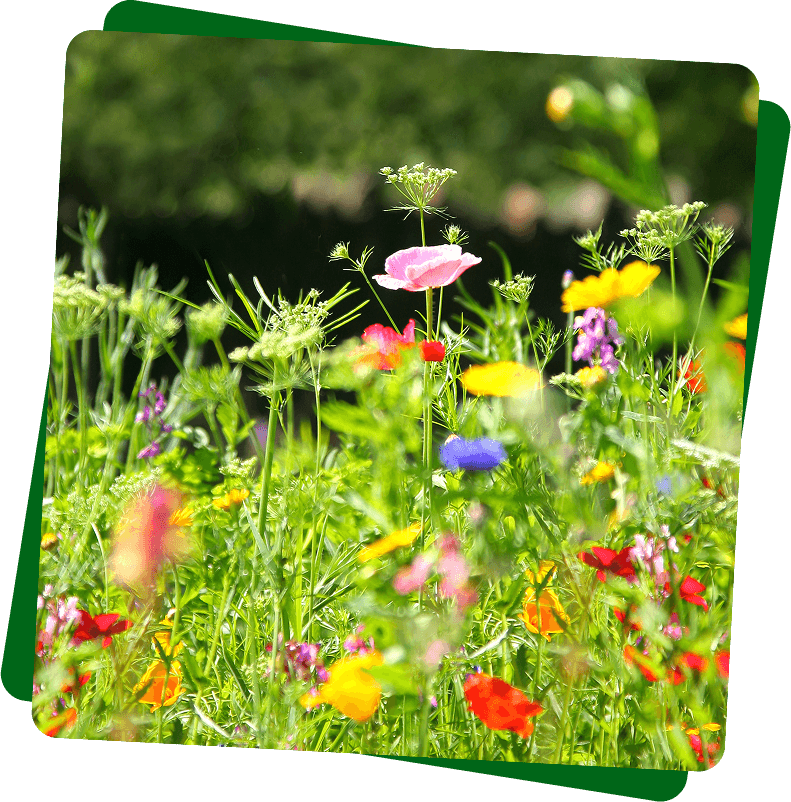
Whether you prefer the crunchiness of its best-selling classic crispy blend or the mildness of its mixed leaf bag, Florette is known and loved for its versatile fresh salads. But there’s so much more to this forward-thinking brand than you might expect.
Florette is a farmer-owned co-operative with a member base of 12,500 farmers, who’ve been proudly producing its salads in the UK for more than 25 years. As a brand, it understands how important it is to nurture the land it grows from, which is why it works so hard to protect the soil, plants and wildlife on its farms.

While growing its salad, Florette is always looking for ways to reduce its waste, whether that’s by capturing rainwater and reusing it for tunnel irrigation or sending food waste back to other local farmers to feed their livestock. Plus, the team strives to create safe havens for wildlife on its farms.
In fact, Florette was awarded a gold sustainability rating from EcoVadis in 2024, for its ongoing commitment to protecting the environment and promoting more sustainable farming methods.

“Over the last few years, we’ve seen fewer bees and hoverflies in our gardens, as biodiversity decline has taken hold of landscapes across the country. Some people may not realise it, but pollinators are actually worth millions of pounds a year to UK agriculture, and this continuing decline threatens food production.
“Wildlife protection starts on our doorstep, which is why many Brits are already taking nature-friendly steps to try to stop the decline. Even small, simple changes, such as wildflowering an area of your garden or taking part in Plantlife’s No Mow May campaign, can help to reverse the loss of our vital pollinators.”